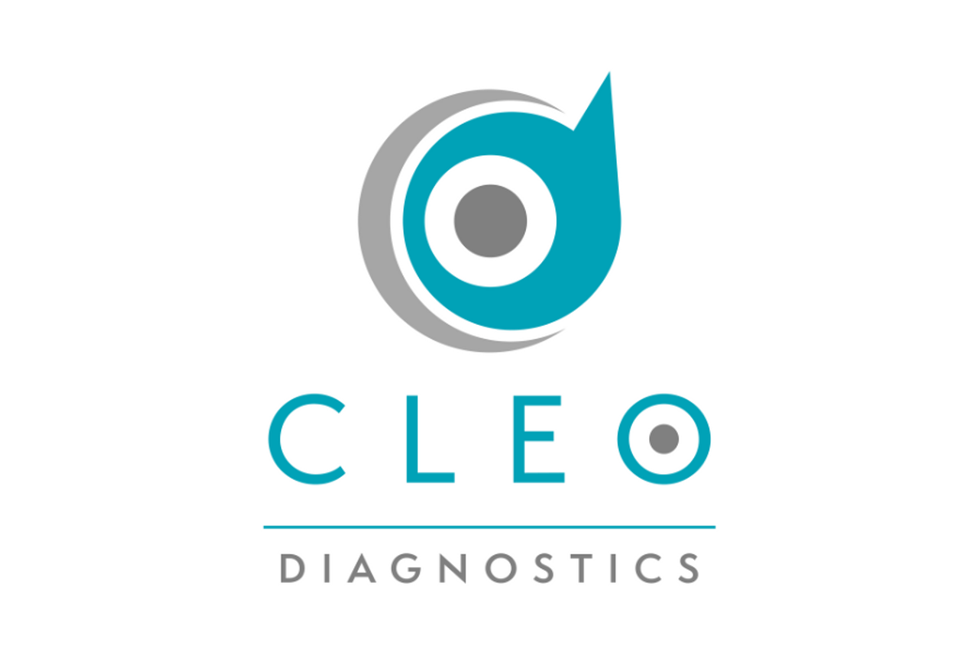Seegnal Inc. (TSXV: SEGN), a global leader in clinical decision support solutions applying patient-centric medication safety standards, today announced its deepened partnership with Tel Aviv Sourasky Medical Center ("Sourasky Medical Center"). Israel's second-largest public hospital, Sourasky...
Keep Reading...
